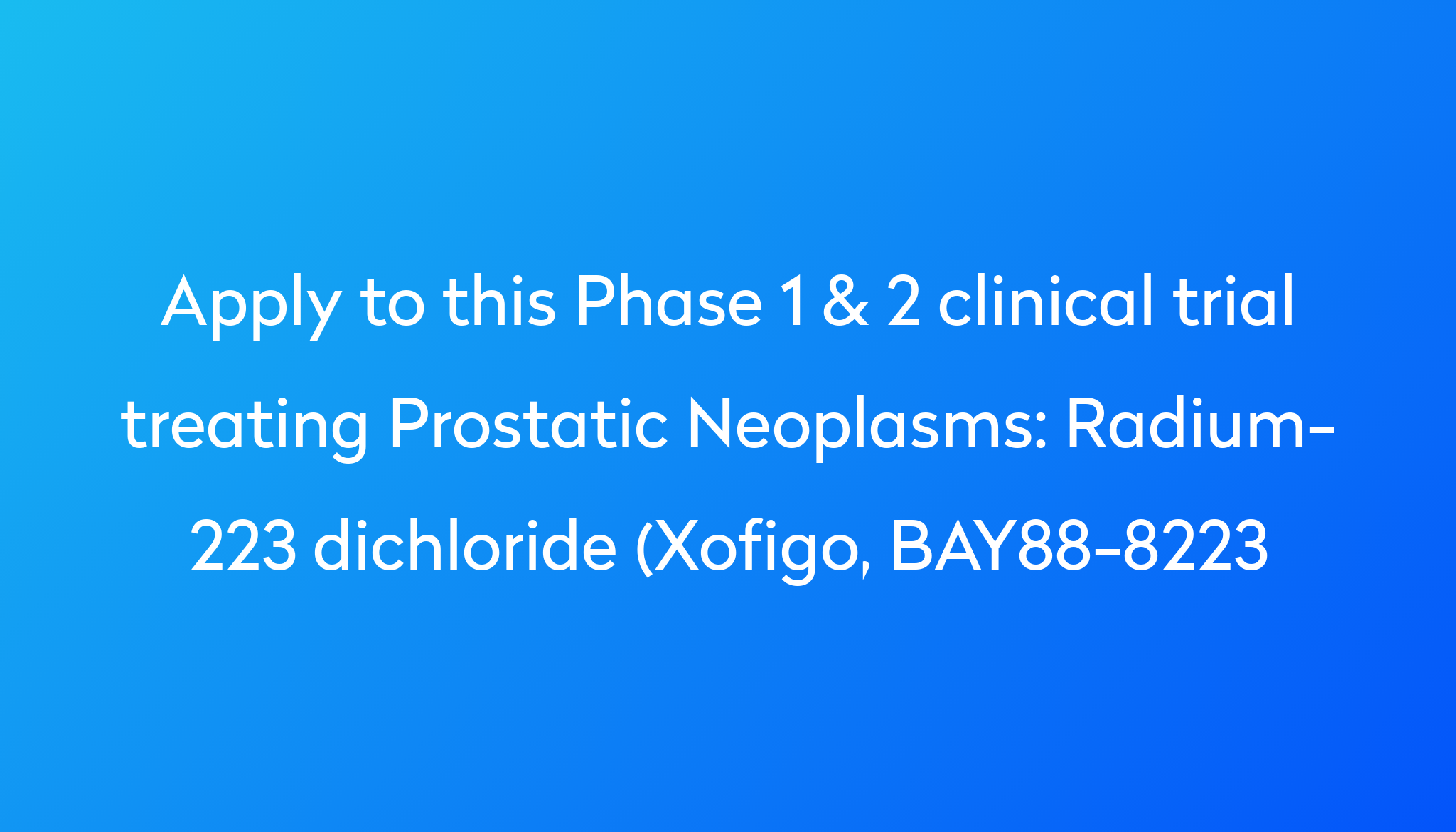

Your doctor may recommend surgery to remove your prostate and any cancer that has grown locally beyond the prostate. In men with stage 4 prostate cancer, surgery is generally limited to men who are experiencing signs and symptoms that would be relieved by surgery, such as difficulty passing urine. Surgery isn't often used to treat stage 4 prostate cancer, but it might be recommended in certain situations. In men with cancer that has spread to other areas of the body, radiation therapy is used to relieve pain or other symptoms. Or it may be used after surgery to kill any cancer cells that might remain. In men with very large prostate tumors or cancer that has spread to nearby lymph nodes (locally advanced prostate cancer), radiation therapy may be combined with hormone therapy. Radiation therapy for stage 4 prostate cancer uses a large machine that moves around your body, directing energy beams to the area around the cancer (external beam radiation therapy). Radiation therapy uses high-powered beams of energy, such as X-rays and protons, to kill cancer cells. When that occurs, your doctor may recommend switching to a different combination of hormone therapy drugs to see if your cancer responds. Most advanced prostate cancers will eventually adapt to hormone therapy and begin growing despite treatment (castration-resistant prostate cancer). Side effects of hormone therapy may include erectile dysfunction, hot flashes, loss of bone mass, reduced sex drive, breast enlargement and weight gain. Examples include abiraterone (Yonsa, Zytiga), the antifungal medication ketoconazole, the female hormone estrogen, and steroid drugs. Other medications that work differently from other hormone therapies to control testosterone in the body may be options. These drugs may be given along with an LH-RH agonist or given before taking an LH-RH agonist.Īpalutamide (Erleada) and enzalutamide (Xtandi) work differently from other anti-androgen drugs and may be an option if other hormone therapy treatments are no longer effective. Examples include bicalutamide (Casodex), flutamide and nilutamide (Nilandron).
%20for%20Prostate%20Cancer.png)
Medications known as anti-androgens prevent testosterone from reaching your cancer cells. Medications that block testosterone from reaching cancer cells. The effectiveness of orchiectomy in lowering testosterone levels is similar to that of hormone therapy medications, but orchiectomy may lower testosterone levels more quickly. Removing your testicles reduces testosterone levels in your body. Surgery to remove the testicles (orchiectomy).

Drugs typically used in this type of hormone therapy include leuprolide (Eligard, Lupron Depot, others), goserelin (Zoladex), triptorelin (Trelstar), histrelin (Vantas) and degarelix (Firmagon). Medications known as luteinizing hormone-releasing hormone (LH-RH) agonists and antagonists prevent the testicles from receiving messages to make testosterone. Medications that stop your body from producing testosterone.Hormone therapy may be continued for as long as the treatment continues to work. In men with stage 4 prostate cancer, hormone therapy is most often used alone, but it can be combined with chemotherapy and it may be used after radiation therapy or, rarely, surgery. Cutting off the supply of hormones may cause the cancer to shrink or to slow its growth. Prostate cancer cells rely on testosterone to help them grow. Hormone therapy is treatment to stop your body from producing the male hormone testosterone or to block the effects of testosterone on the cancer. But stage 4 prostate cancer often can't be cured. Treatments for stage 4 prostate cancer may slow the cancer and extend your life.


 0 kommentar(er)
0 kommentar(er)
